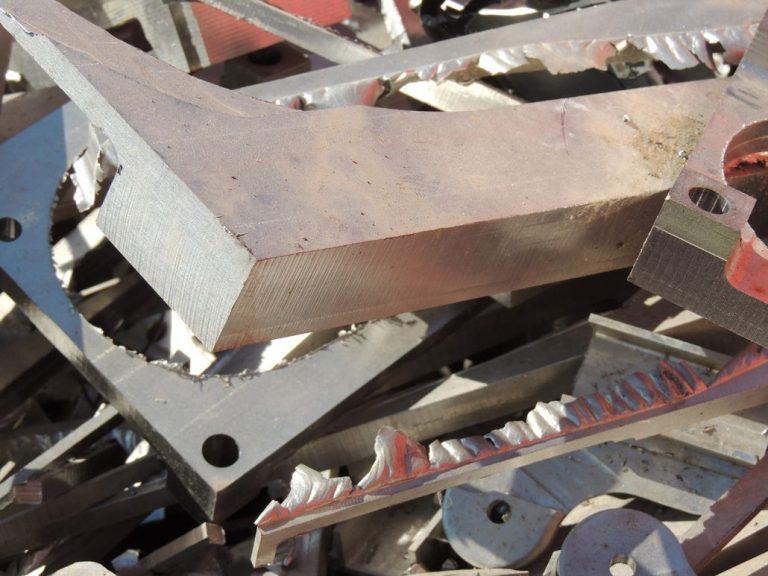
In Venezuela, compressor scrap, battery scrap, and other industrial equipment represent a valuable opportunity for the recycling sector. Even after reaching the end of their useful life, these items contain metals and components that can be recovered and reused—offering both economic and environmental benefits.
This guide explains what compressor scrap is, the types available, how they are recycled, current prices, where to sell them, and why they are profitable.
What is Compressor Scrap?
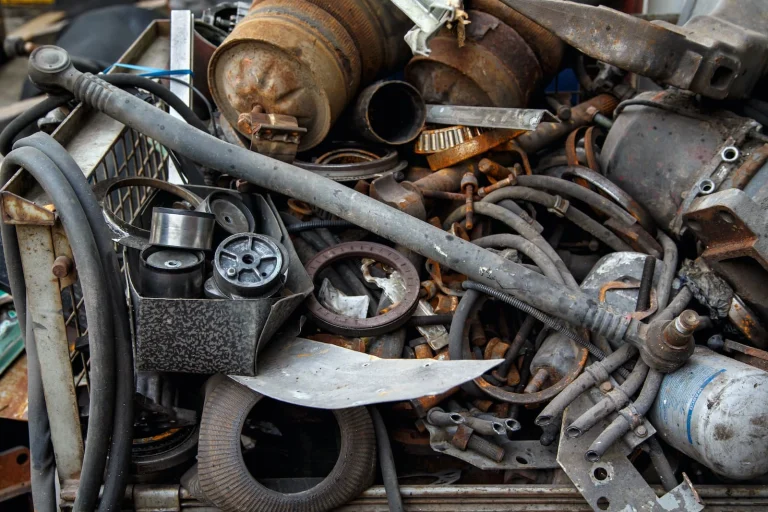
Compressor scrap comes from machines used to compress air or gas, such as those in workshops, refrigeration units, air conditioning systems, and industrial plants.
Even if they no longer work, compressors contain valuable metals such as:
Copper (in coils and wiring)
Aluminum (in radiators and housings)
Steel and iron (in the frame and components)
Types of Compressor Scrap
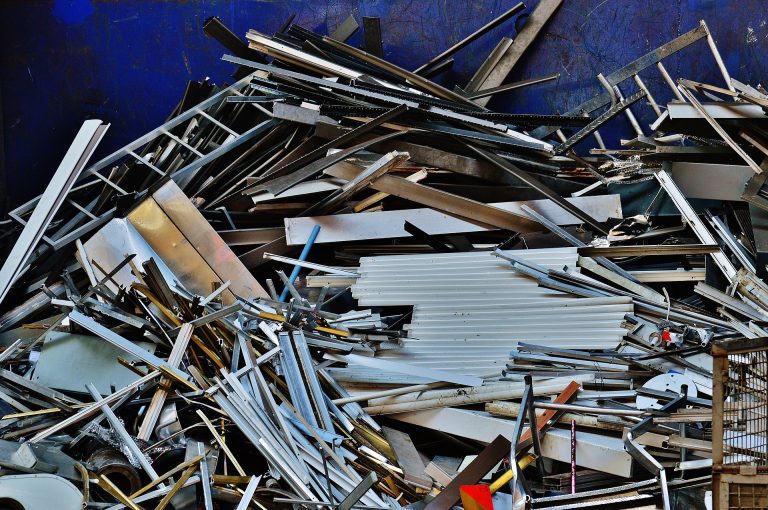
In Venezuela and Latin America, the most common types are:
Industrial air compressors
Used in factories, mining, and construction.
Refrigeration compressors
Found in refrigerators, freezers, and air conditioners.
Portable compressors
For domestic or automotive use.
Each type has a different market value, depending on the amount of recoverable metal.
Battery Scrap
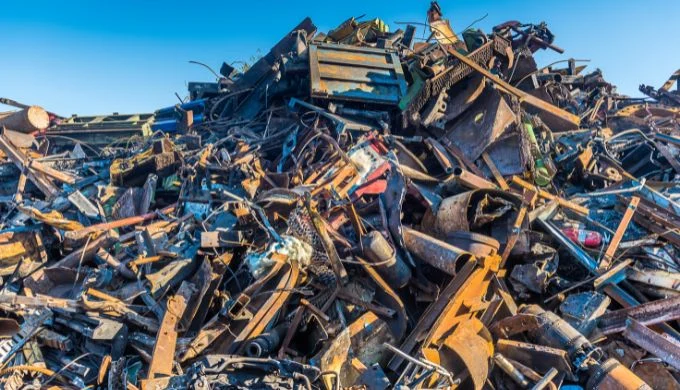
Lead-acid batteries (from cars, motorcycles, and industrial equipment) are highly recyclable. They contain:
Lead (can be sold as ingots)
Plastic (outer casing)
Sulfuric acid (requires specialized handling)
Important: Proper safety measures are necessary, as lead and acid are toxic.
Other Common Recyclable Equipment
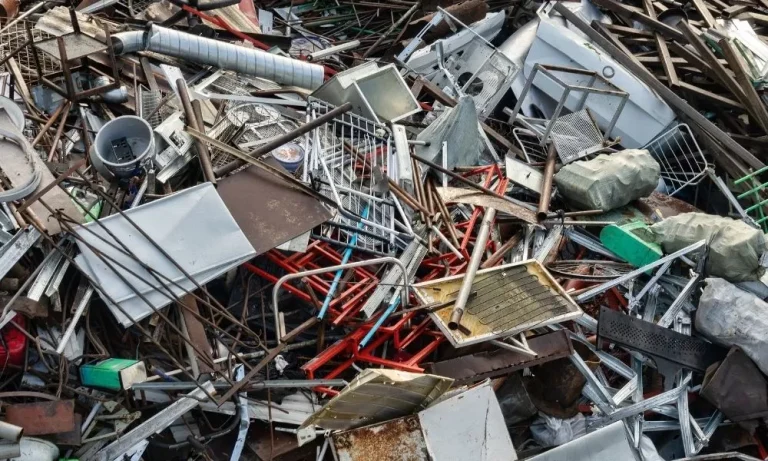
Besides compressors and batteries, the scrap industry also handles:
Electric motors
Radiators
Transformers
Outdated tools and machinery
Compressor and Battery Scrap Prices in Venezuela
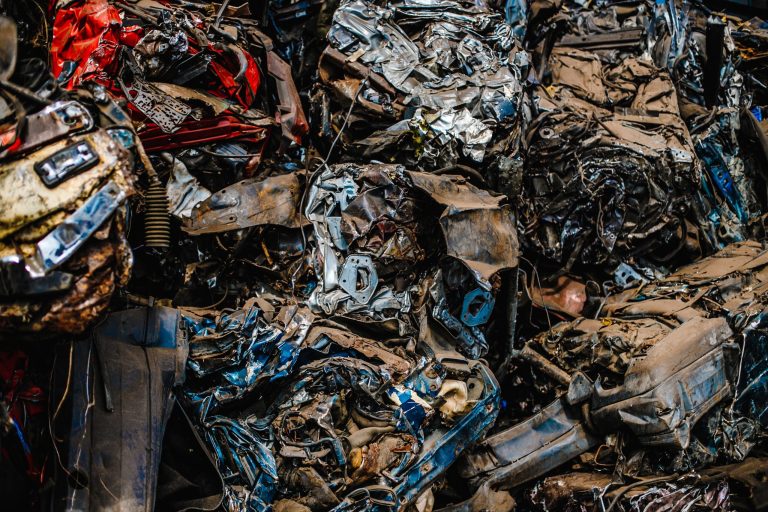
Prices depend on:
Type of recoverable metal
Total weight
Purity of the material
Local and international market demand
Compressor Recycling Process
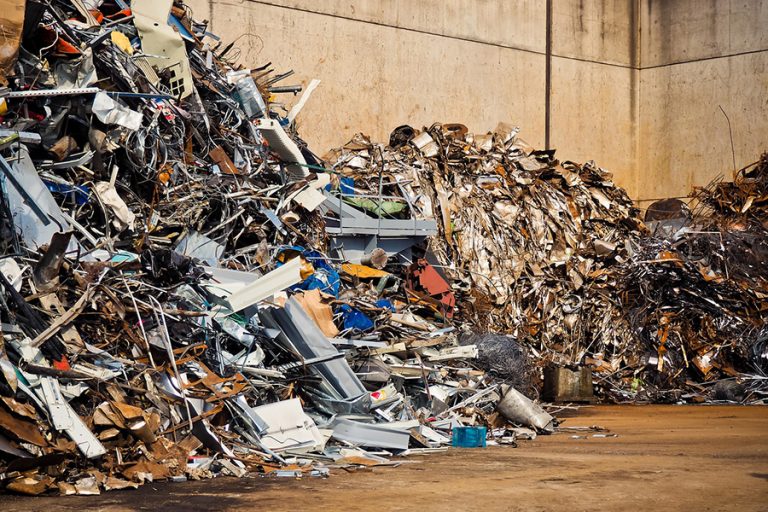
Collection – From workshops, industries, or recycling centers.
Disassembly – Separate components and metals.
Classification – Copper, aluminum, steel, lead, plastics.
Melting and refining – Transform materials into reusable raw form.
Benefits of Recycling
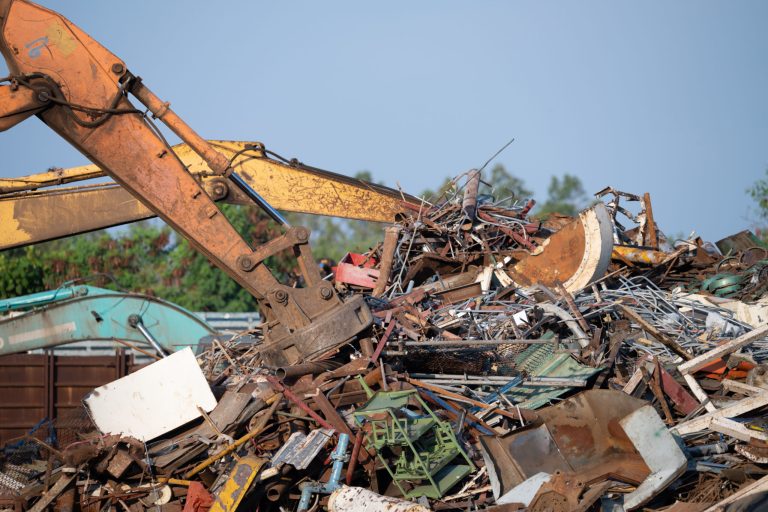
Economic: Additional income from selling scrap.
Environmental: Reduction of hazardous waste.
Industrial: Constant supply of recycled raw materials.
Where to Sell Compressor and Battery Scrap in Venezuela
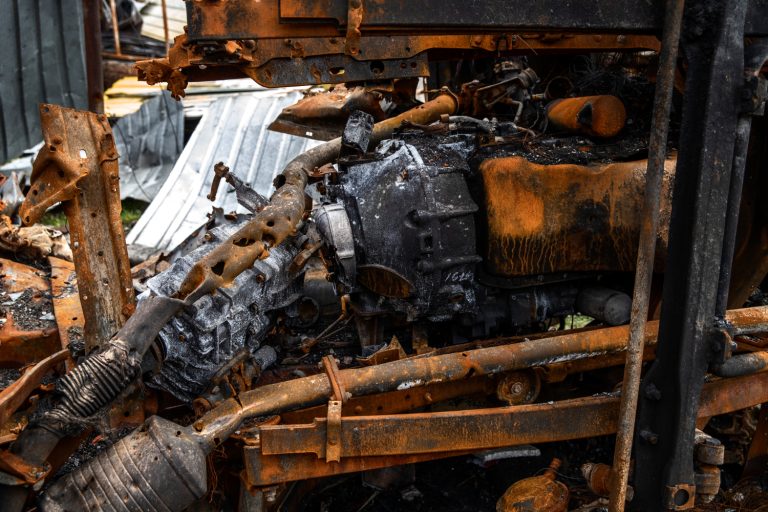
Cities with strong buying activity include:
Caracas
Valencia
Maracaibo
Barquisimeto
Puerto Ordaz
Tips to get the best price:
Separate materials before selling.
Sell in bulk quantities.
Negotiate with certified scrapyards and recycling companies.
Regulations and Safety
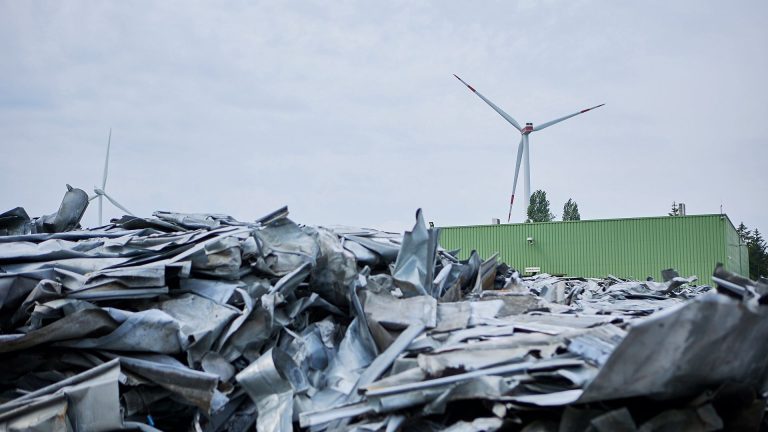
Mandatory use of gloves and protective eyewear.
Never dispose of battery acid into the environment.
Comply with environmental laws and hazardous material transport regulations.
Price list for scrap compressors and batteries
| LISTA DE PRECIO | TONELADA ($) | KG ($)a |
|---|---|---|
| LATON CHATARRA | 6650 | 6,65 |
| RADIADORES DE LATON | 6450 | 6,45 |
| RADIADORES MIXTO | 5450 | 5,45 |
| ALUMINIO PERFIL 1 | 2150 | 2,15 |
| ALIMINIO INDUSTRIAL | 2150 | 2,15 |
| ALUMINIO LITOGRAFIA | 2150 | 2,15 |
| ALUMINIO MIXTO | 1650 | 1,65 |
| ALUMINIO MIXTO (SUCIO) | 1450 | 1,45 |
| ALUMINIO DURO | 1700 | 1,70 |
| ALUMINIO DURO (SUCIO) | 1500 | 1,50 |
| FOIL | 500 | 0,50 |
| ACERO CORTO | 800 | 0,80 |
| ACERO LARGO + 1Mts | 700 | 0,70 |
| CALAMINA | 1700 | 1,70 |
| POTE | 1750 | 1,75 |
| RAD. DE ALUMINIO | 1400 | 1,40 |
| PLOMO EN LINGOTES | 1450 | 1,45 |
| PLOMO CHATARRA | 1200 | 1.20 |
| BATERIA | 8300 | 8,30 |
| AIRES ACONDICIONADOS PEQUEÑO | 15 | |
| AIRES ACONDICIONADOS GRANDE | 20 | |
| MOTORES PEQUEÑOS | 4,00 | |
| MOTORES GRANDE | 6,00 | |
| COSTO DE GUIA S/PESO (MAT NO FERROSOS.) | $ 7/TN | |
| COSTO DE GUIA S/PESO (MAT ESPECIAL EMBO. NO.) | $ 8/TN | |
| HIERRO (PUESTO LA GUAIRA) | 210 | 2,10 |
| HIERRO (PUESTO PUERTO CABELLO) | 210 | 2,10 |
| HIERRO CAGUA | 175 | 1,75 |
Frequently Asked Questions about Compressor and battery scrap
What is specialized scrap?
Scrap from equipment or machinery that requires a more technical recycling process, such as compressors, batteries, transformers, or electric motors.
Why is compressor scrap valuable?
It contains metals like copper, aluminum, and steel, which are in high demand in both domestic and international markets.
Can used batteries be sold as scrap?
Yes, especially lead-acid batteries, which contain recyclable lead and other reusable materials.
What is the price of specialized scrap in Venezuela?
It depends on the type of metal, purity, weight, and demand. Copper is the most valuable, followed by lead and aluminum.
Where can this type of scrap be sold?
At scrapyards, recycling centers, and authorized companies in cities such as Caracas, Valencia, Maracaibo, Barquisimeto, and Puerto Ordaz.
Is it legal to export specialized scrap from Venezuela?
Yes, but it requires permits, certifications, and compliance with environmental and customs regulations.
What safety measures should be taken when handling it?
Use gloves, safety glasses, durable clothing, and, in the case of batteries, acid protection.
What other equipment falls under specialized scrap?
Radiators, transformers, industrial motors, electrical wiring, and obsolete machinery.
Is recycling specialized scrap profitable?
Yes, due to its high content of valuable metals and the growing demand for recycled raw materials.
How can the selling price be improved?
By separating materials by type, cleaning parts, and selling in large quantities.
Conclusion
Compressor and battery scrap in Venezuela are valuable sources of metals like copper, aluminum, and lead. Recycling them offers profitable opportunities, supports the circular economy, and helps protect the environment. With proper handling and market knowledge, turning these waste items into income is both sustainable and rewarding.
